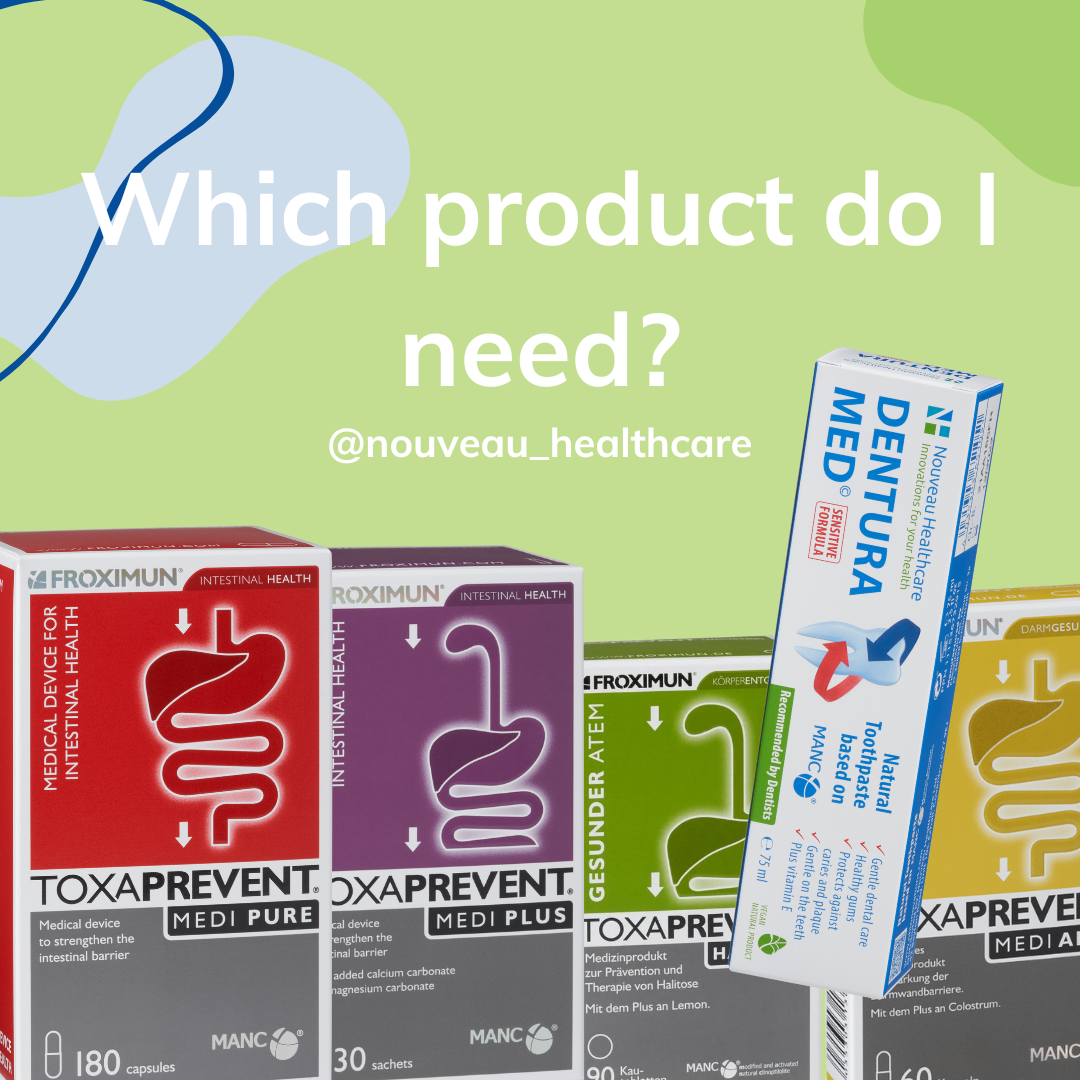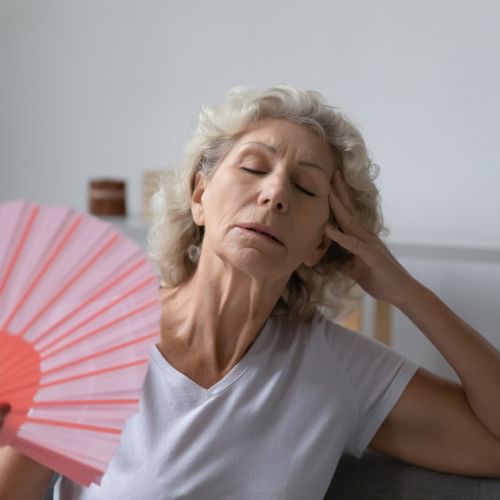What is a hormonal imbalance?
Hormones are essential chemical messengers that play an important role in many of our body’s systems including growth, reproduction, sexual development, and metabolism. Hormones work with each other in the body but all too often our hormones can become out of balance, we can end up having too much or too little of one of several of our hormones, and when that happens, we can start to experience distressing symptoms or changes to our body.
Discover our full range of zeolite clinoptilolite products or check out even more educational articles and videos.
Signs and symptoms of a hormone imbalance
Different hormones may have different sign or symptoms. An imbalance in your sex hormones may present with:
- Changes in your menstrual cycle such as heavy periods or loss of periods
- Changes in hair – either hair loss or hirsutism (excess body hair)
- Skin: acne, hives, dry skin
- Hot flashes
- Anxiety
- Vaginal atrophy or dryness
- Loss of libido
An imbalance in hormones that affect metabolism may present with:
- Weight loss or weight gain
- Digestion: constipation or diarrhoea
- Fatigue
- Depression or anxiety
- Dry skin or darkened skin under your armpits or on the neck
- Slow or rapid heartbeat
- Extreme thirst or frequent urination
Causes of a hormone imbalance
A hormone imbalance can happen at different life stages:
- Puberty
- Pregnancy
- Menopause
As a result of diet and lifestyle, for example:
- Stress
- Poor diet
- Certain medications or use of steroids
For some, a hormone imbalance may be due to medical reasons such as:
- Tumours, adenomas or other growths
- Autoimmune disease
- Damage or injury to an endocrine gland – an endocrine gland is what secretes hormones into the blood stream
The role of histamine in hormone imbalance
There is a natural interaction between oestrogen, progesterone, cortisol (stress hormone) and histamine.
Oestrogen activates mast cells to release histamine but at the same time it also reduces the activity of the DAO enzyme that metabolises histamine. In addition to this, histamine stimulates the ovaries to make more oestrogen so it can become a vicious circle. Progesterone, on the other hand, has the opposite effect in that it helps to stabilise mast cells and increases the DAO enzyme thereby reducing histamine.
A common hormone imbalance for women is that they can often have too much oestrogen in relation to progesterone, in which case they may find that they experience more histamine-related symptoms at peri-menopause, for example, or at certain times of their menstrual cycle when oestrogen is naturally higher, and progesterone is naturally lower.
And then there is cortisol, the stress hormone. Cortisol is produced by the adrenal glands in response to stress. Histamine naturally creates inflammation as part of its immune response to an allergen or trigger, and cortisol can have an anti-inflammatory effect on histamine. In the short-term this is effective, but over a longer period of time, or if someone is undergoing extreme stress, then the adrenals can become less effective at producing cortisol and can no longer work to help reduce the inflammatory effects of histamine, which can then exacerbate histamine-relate symptoms or histamine intolerance.
Conclusion
Hormones and histamine are intricately linked, and this may explain your histamine intolerance or histamine-related symptoms if you notice them around your menstrual cycle or menopause, or when you are stressed. If your hormones are the driver for the histamine excess you’re experiencing then you can work to reset that balance and considering a histamine detox protocol may be useful first step in this process.
Call us on 02476363873 or email us at info@nhinnovations.com to discuss your questions with a member of our clinical team.
Enjoyed this guide? Now read...
Histamine: what is it, why is it important and when it goes wrong
What is histamine intolerance?
IBS and histamine


